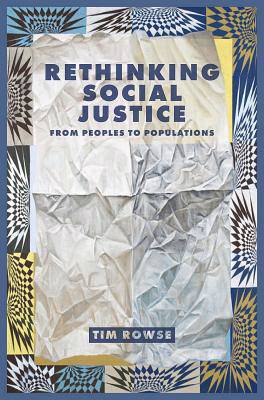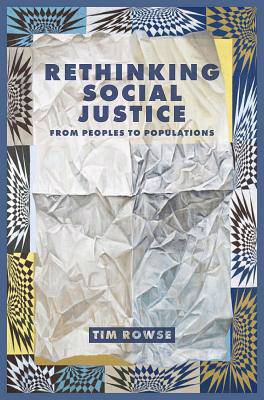
Door een staking bij bpost kan je online bestelling op dit moment iets langer onderweg zijn dan voorzien. Dringend iets nodig? Onze winkels ontvangen jou met open armen!
- Afhalen na 1 uur in een winkel met voorraad
- Gratis thuislevering in België vanaf € 30
- Ruim aanbod met 7 miljoen producten
Door een staking bij bpost kan je online bestelling op dit moment iets langer onderweg zijn dan voorzien. Dringend iets nodig? Onze winkels ontvangen jou met open armen!
- Afhalen na 1 uur in een winkel met voorraad
- Gratis thuislevering in België vanaf € 30
- Ruim aanbod met 7 miljoen producten
Zoeken
€ 40,45
+ 80 punten
Omschrijving
In the early 1970s, Australian governments began to treat Aborigines and Torres Strait Islanders as peoples with capacities for self-government. Forty years later, confidence in Indigenous self-determination has been eroded by accounts of Indigenous pathology, misplaced policy optimism, and persistent socio-economic gaps. This record accounts for this shift by arguing that Australian thinking about the Indigenous is a continuing, unresolvable tussle between the ideas of peoples and population. Offering snapshots of moments in the last 40 years in these tensions are palpable from honoring the heritage and quantifying the disadvantage to acknowledging colonization s destruction and projecting Indigenous recovery from it this book not only asks if a settler colonial state can instruct the colonized in the arts of self-government, but also how could it justify doing anything less."
Specificaties
Betrokkenen
- Auteur(s):
- Uitgeverij:
Inhoud
- Aantal bladzijden:
- 272
- Taal:
- Engels
Eigenschappen
- Productcode (EAN):
- 9781922059161
- Verschijningsdatum:
- 1/11/2012
- Uitvoering:
- Paperback
- Formaat:
- Trade paperback (VS)
- Afmetingen:
- 152 mm x 229 mm
- Gewicht:
- 367 g

Alleen bij Standaard Boekhandel
+ 80 punten op je klantenkaart van Standaard Boekhandel
Beoordelingen
We publiceren alleen reviews die voldoen aan de voorwaarden voor reviews. Bekijk onze voorwaarden voor reviews.











